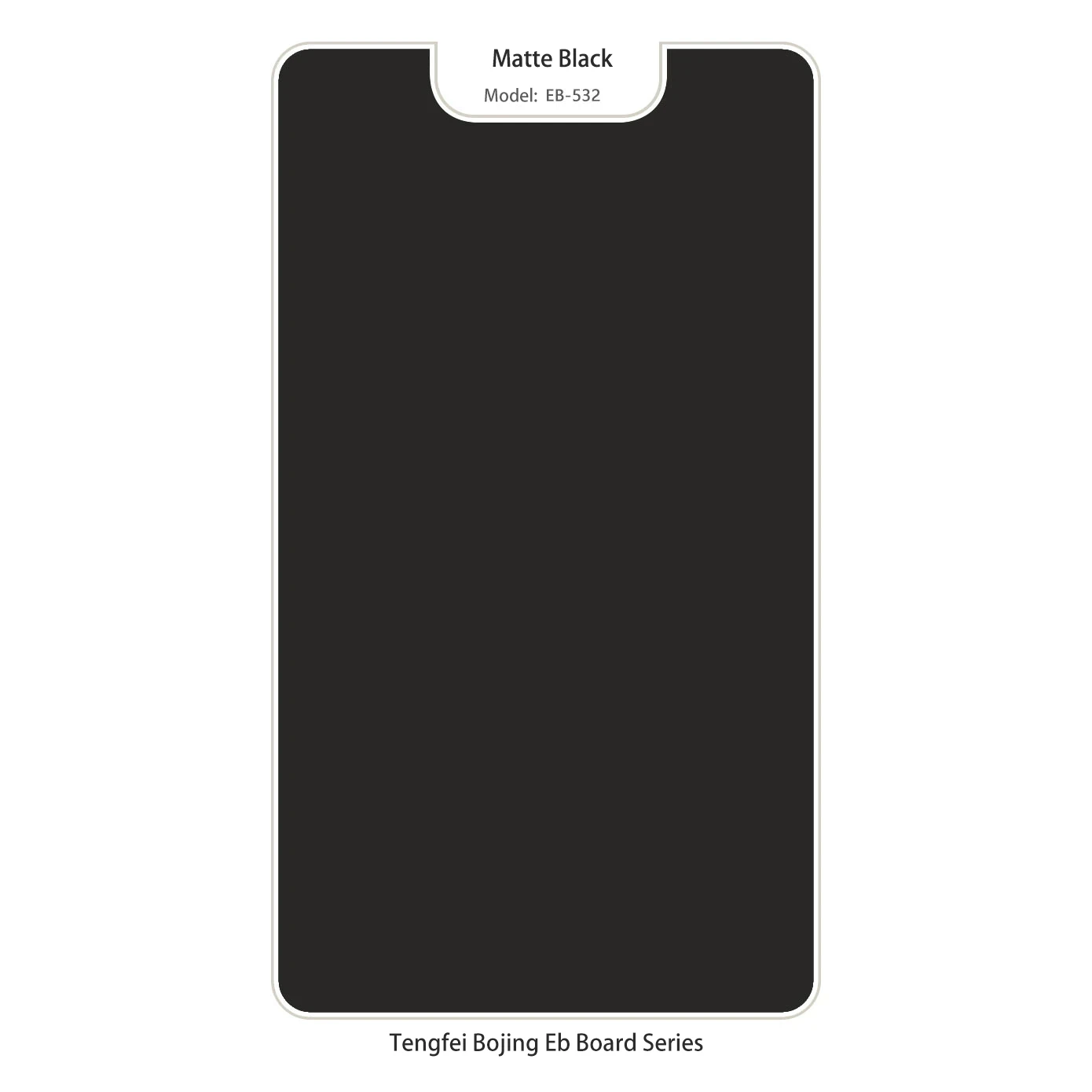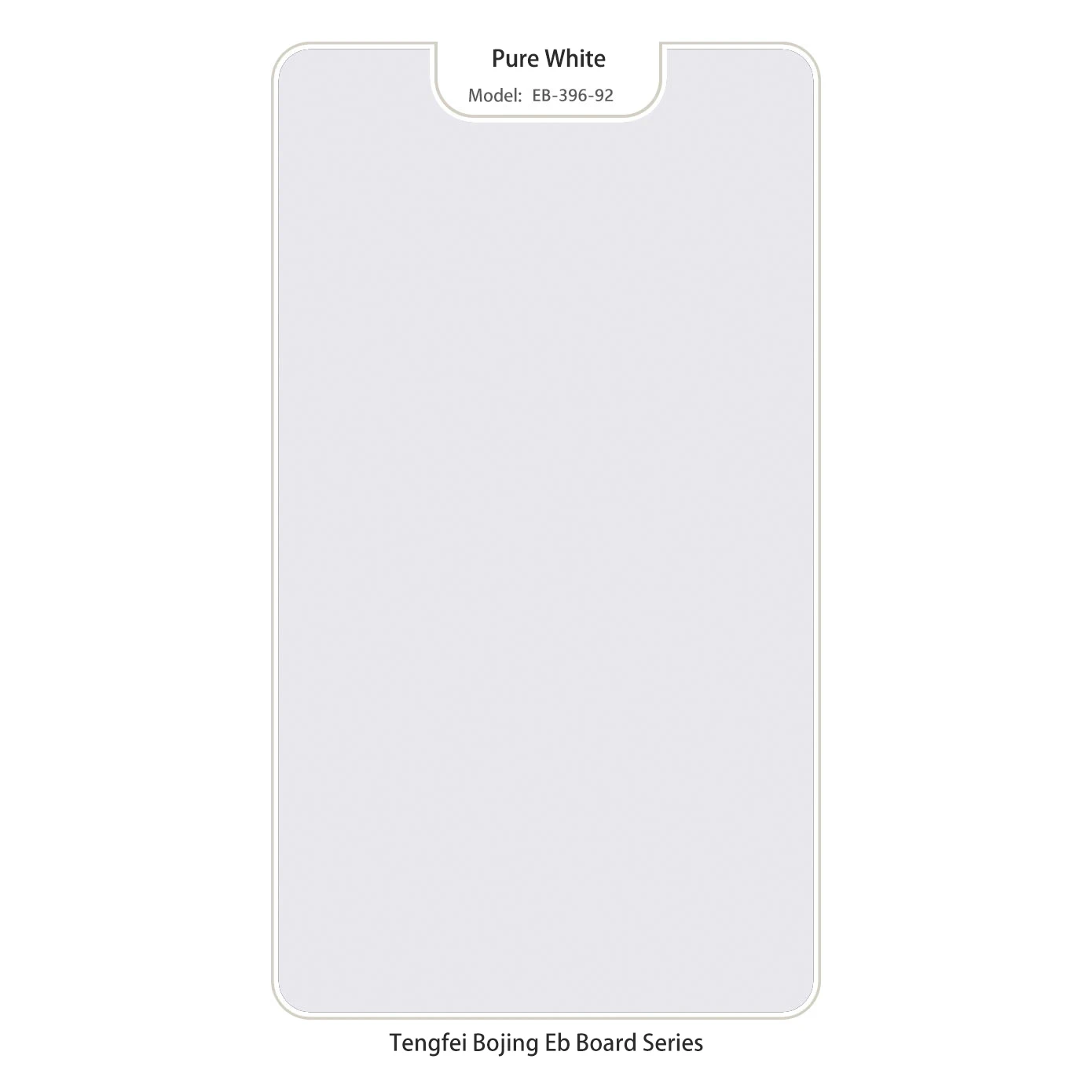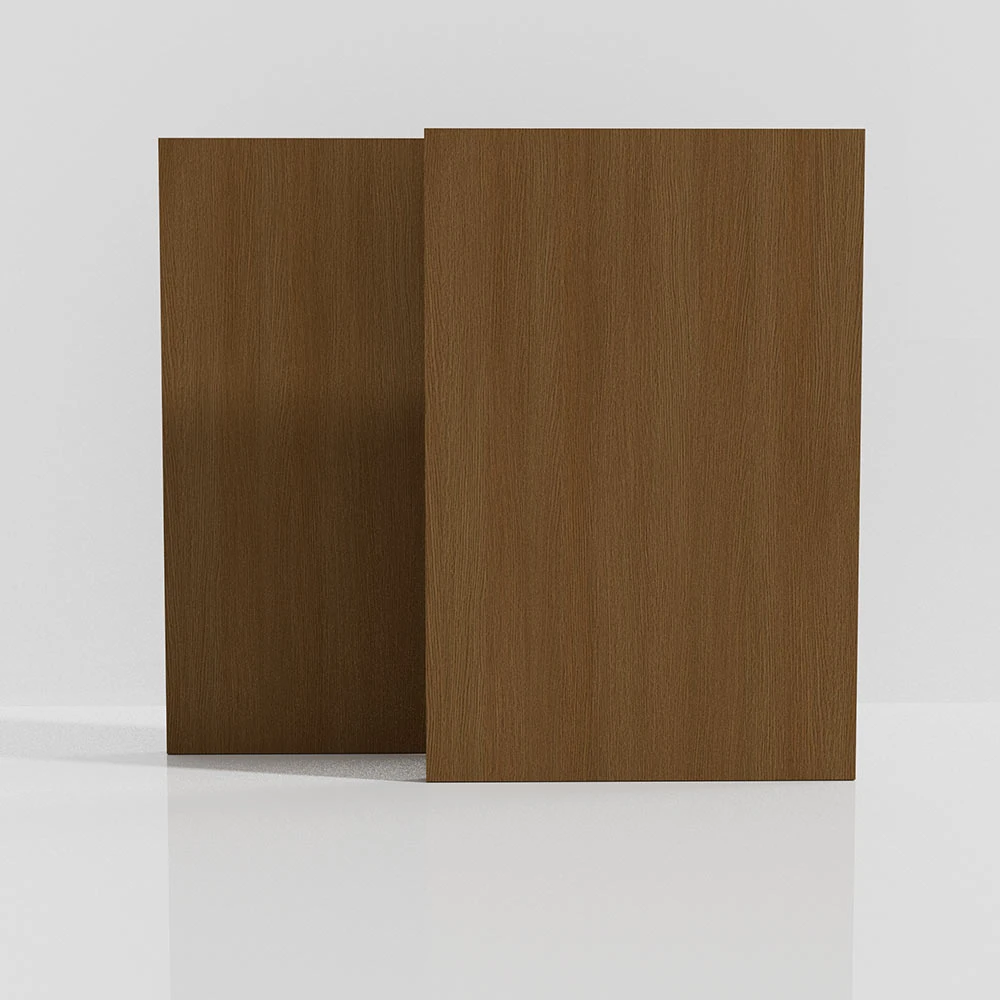- Introduction to 8mm plywood
and its significance
- Key Technical Advantages and Industry Data
- Comparing Top Manufacturers: Features & Pricing
- Customization Options for Specific Applications
- Real-World Use Cases and Application Insights
- Market Trends and Demand Analysis
- Conclusion: Why 8mm Plywood Is an Optimal Material
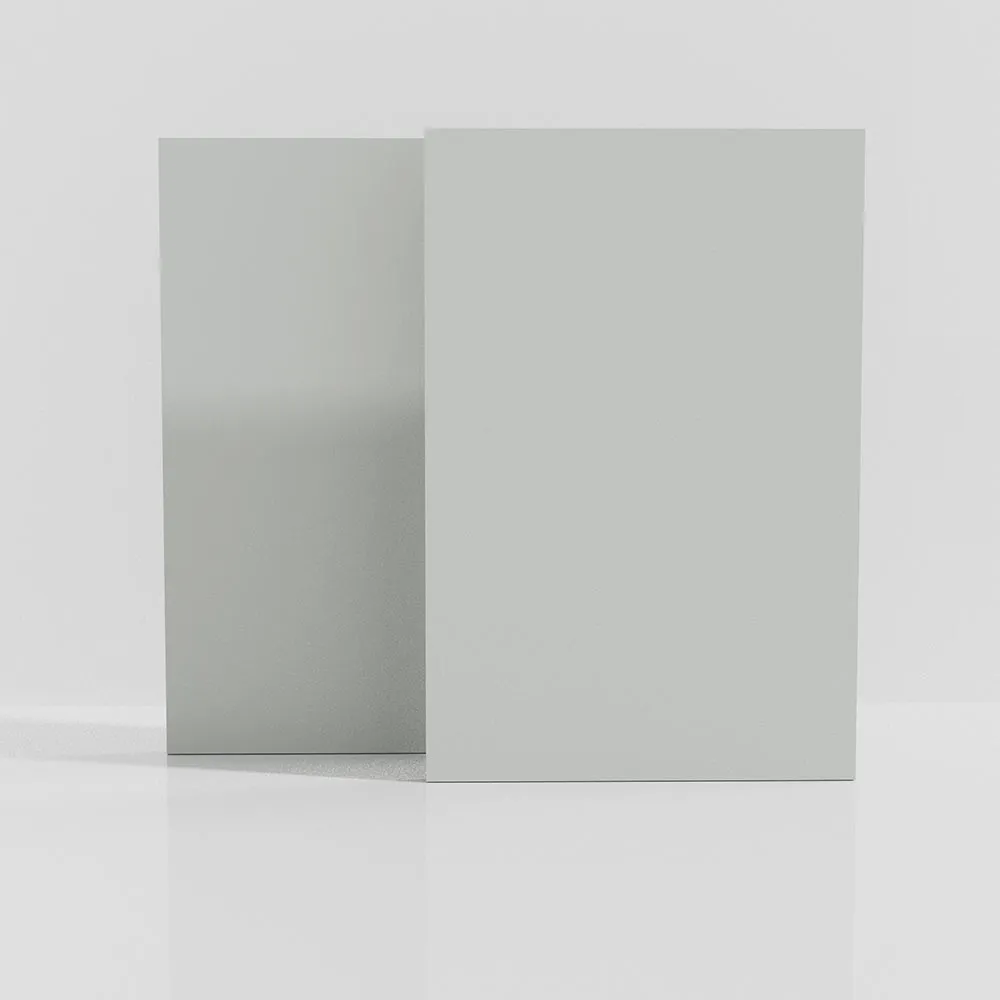
(8mm plywood)
Introduction: 8mm Plywood and Its Significance in Modern Construction
8mm plywood has established itself as an indispensable material in construction, interior design, and furniture manufacturing sectors. Recognized for its optimal combination of flexibility and strength, it is highly sought after for applications demanding thin paneling without compromising integrity. The material typically features cross-laminated veneers, ensuring dimensionally stable panels suitable for structural and decorative purposes alike. Sourced globally, its quality and price points can vary based on parameters such as wood species, adhesive type, and manufacturing precision, making it important for professionals to differentiate between offerings when assessing 8mm plywood price or seeking specific performance outcomes.
Technical Advantages and Industry Data Impact
8mm plywood embodies several performance advantages over direct alternatives. Firstly, its enhanced load-bearing capacity compared to MDF or standard particleboard in similar thicknesses makes it preferred for load-carrying panels and substrates. Reinforced by precise veneer alignment, these panels resist warping, bending, and moisture-related deformation more effectively. Statistically, laboratory tests indicate that typical 8mm plywood resists deformation under a 40 kg distributed load by less than 1.5 mm over a 2-meter span. Such deformation figures outperform equivalent MDF boards by up to 45%, affirming suitability in demanding architectural settings.
Moisture resistance is another differentiator, with marine-grade 8mm plywood retaining above 80% of its original mechanical strength after 48-hour immersion per EN 314 standards. These metrics support its integration in bathroom cabinetry, wall paneling, and humid environments. Moreover, its formaldehyde emission ratings, when E0 or E1 adhesives are specified, ensure compliance with global health and environmental standards.
Manufacturer Comparison: Features & Pricing Analysis
For industry stakeholders, understanding differences among leading 8mm plywood suppliers is crucial. Factors such as core composition, surface finishing, and price transparency determine the selection process. Below is a tabulated comparison featuring three credible global manufacturers:
| Manufacturer |
Product Grade |
Origin Species |
Moisture Resistance (EN 314) |
8mm Plywood 8x4 Price (per sheet, USD) |
Custom Size Options |
Certifications |
| PanelX International |
Premium |
Birch |
High (85% retention) |
16.75 |
Yes |
CARB, FSC |
| LumberPro Corp |
Standard |
Pine/Eucalyptus |
Moderate (72% retention) |
12.45 |
Limited |
FSC |
| EcoPly Solutions |
Eco |
Poplar |
Very High (90% retention) |
14.20 |
Yes |
PEFC, E1 |
When selecting suppliers, factors such as moisture resistance and sustainability certifications play a significant role, as does the final 8mm plywood price per sheet, particularly for large-project procurement.
Custom Solutions for Specialized Requirements
The versatility of 8mm plywood lies not only in standard specifications but also in its adaptability to bespoke project needs. Manufacturers and suppliers offer a variety of customizations, including tailored core materials for increased sustainability, fire-retardant chemical treatments, and specialty overlays for high-wear surfaces or unique aesthetic effects.
Custom cutting and CNC machining allow intricate forms or perforations to be precisely executed — indispensable for architectural applications such as acoustical panels, decorative partitions, and lightweight frameworks. For example, a leading European design firm reported time savings of over 30% by specifying CNC-prepared 8mm plywood components, reducing onsite labor and minimizing waste.
Color-matched veneering and UV-cured finishes also allow brands to align panel surfaces perfectly with interior design concepts. Additionally, custom thickness tolerances to ±0.2mm enable structural consistency. For marine and exterior uses, resin-impregnated face veneers further enhance durability against climate exposure.
Use Cases: Application Scenarios and Performance Insights
8mm plywood finds effective utilization in a myriad of construction and design scenarios. Within the cabinet and furniture making industry, its balance between weight and rigidity facilitates the creation of affordable yet robust drawer bottoms, cabinet backs, and shelving units. In a recent survey of 500 commercial joiners, over 60% identified 8mm plywood as their standard for base cabinetry due to its favorable workability and resistance to splitting.
The construction sector leverages its properties for wall paneling and underlayment, especially in residential and commercial refurbishments aiming to achieve slim wall builds without sacrificing impact strength. Notably, the transport industry, particularly in bus and camper van conversion, relies on 8mm plywood for lightweight wall panels, optimizing weight-to-strength ratios. Data from a 2023 vehicle interior fit-out project illustrates a 12% overall weight reduction when substituting heavier materials with 8mm plywood, leading to enhanced fuel efficiency.
Market Trends and Global Demand Analysis
The global demand for 8mm plywood continues on an upward trajectory, supported by rising construction and interior renovation projects worldwide. According to the latest report by Market Research Future, the engineered wood market is expected to register a CAGR of nearly 6.4% through 2027, with thin plywood segments like 8mm contributing significantly to this growth. Key drivers include the shift towards eco-friendly building practices and the need for lighter, more efficient materials in urban construction.
Another trend shaping the market is the growing preference for certified panels — FSC, PEFC, and low-formaldehyde options. US and European importers report a 22% year-on-year increase in demand for E0/E1 rated 8mm plywood, reflecting end-user concerns about indoor air quality and sustainable forest management.
Moreover, the proliferation of prefabricated and modular building techniques boosts the adoption of 8mm variants, valued for their dimensional stability and consistency across mass-produced panels. This increase in volume translates into competitive 8mm plywood price points, especially for bulk orders and OEM supply chains.
Conclusion: The Ongoing Value of 8mm Plywood in Modern Projects
As the construction and furniture industries evolve, 8mm plywood maintains its role as a core material offering efficiency, adaptability, and reliability. Its technical superiority, manifest in enhanced load resistance and environmental resilience, offers tangible benefits across a spectrum of applications — from intricate joinery and decor to heavy-duty underlayment and commercial interiors. By comparing manufacturers and customizing panel properties to meet exacting standards, professionals ensure they realize both cost efficiency and sustainability targets. The consistently competitive 8mm plywood price, combined with its proven performance and ongoing demand, cements its status as an essential material for builders, designers, and manufacturers globally.
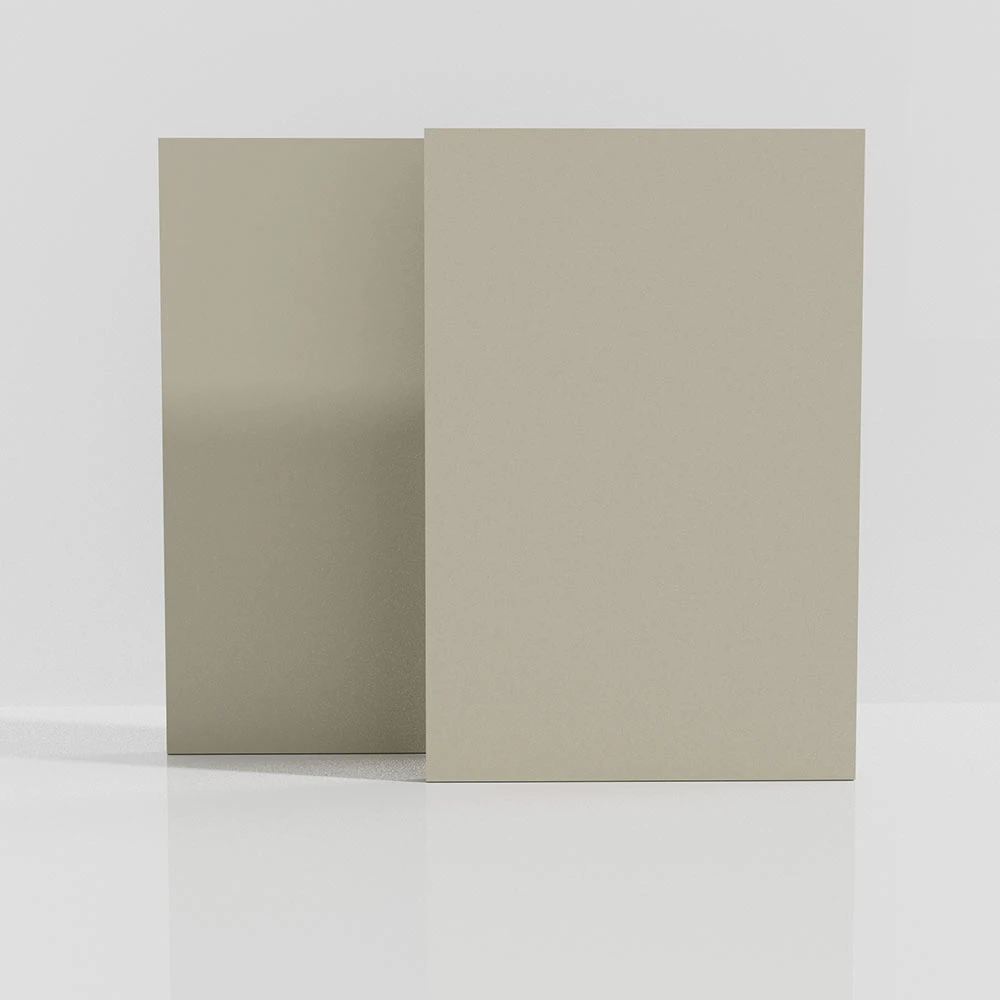
(8mm plywood)
FAQS on 8mm plywood
Q: What is 8mm plywood commonly used for?
A: 8mm plywood is often used in furniture making, interior paneling, and light cabinetry. Its moderate thickness offers both flexibility and strength.
Q: What is the typical 8mm plywood price per sheet?
A: The price of an 8mm plywood sheet varies by brand and quality, but typically ranges from $10 to $25 per 8x4 foot sheet. Regional market conditions may affect pricing.
Q: What are the standard dimensions for 8mm plywood sheets?
A: The most common size for 8mm plywood is 8x4 feet (2440mm x 1220mm). Other sizes may be available, but 8x4 is the industry standard.
Q: Where can I buy 8mm plywood online?
A: You can purchase 8mm plywood from home improvement stores, online marketplaces, and specialty timber suppliers. Always compare prices and quality before buying.
Q: How to determine the quality of 8mm plywood?
A: Check for uniform thickness, minimal surface defects, and proper bonding between layers. Trusted brands and certifications ensure better durability and performance.
